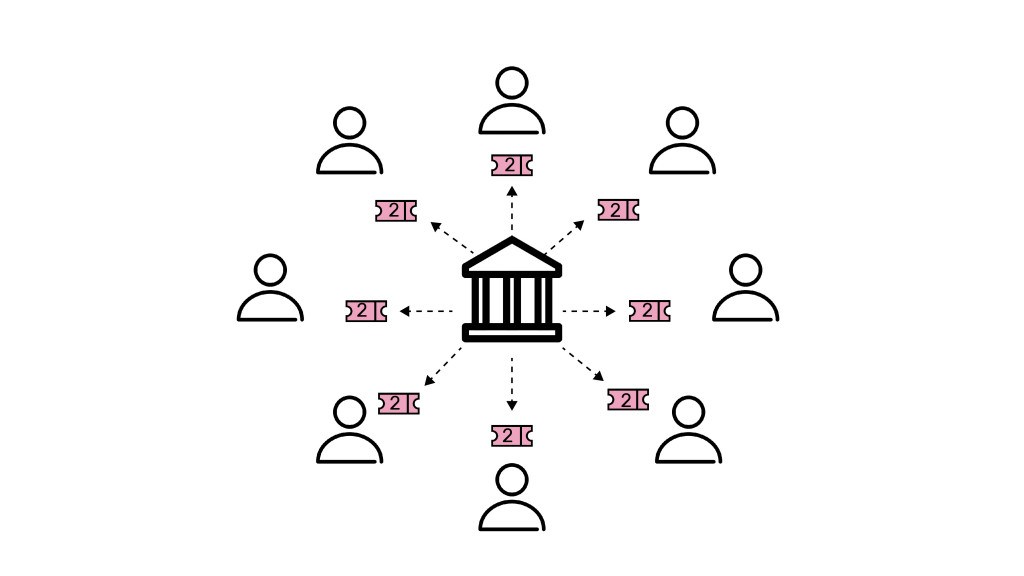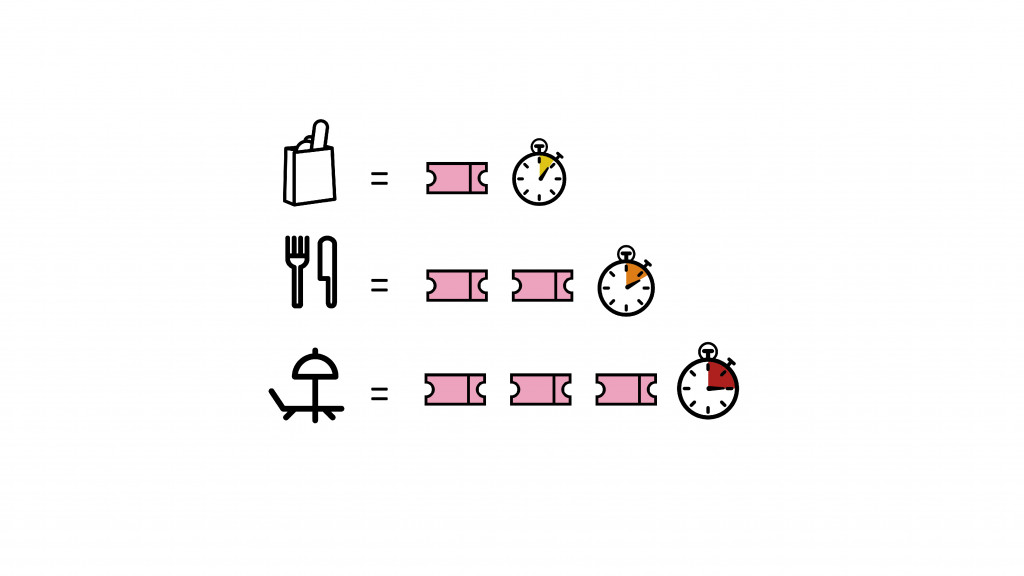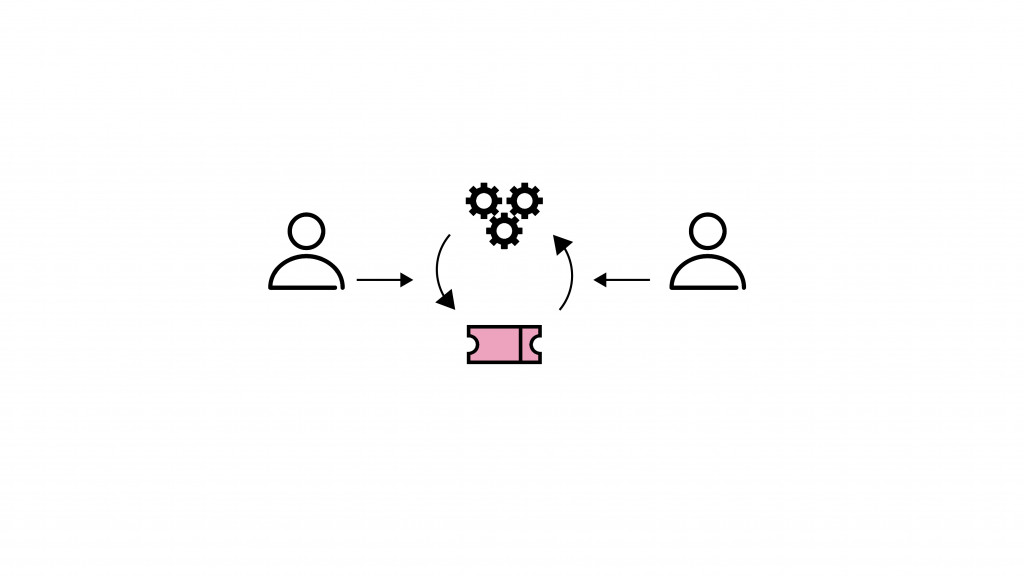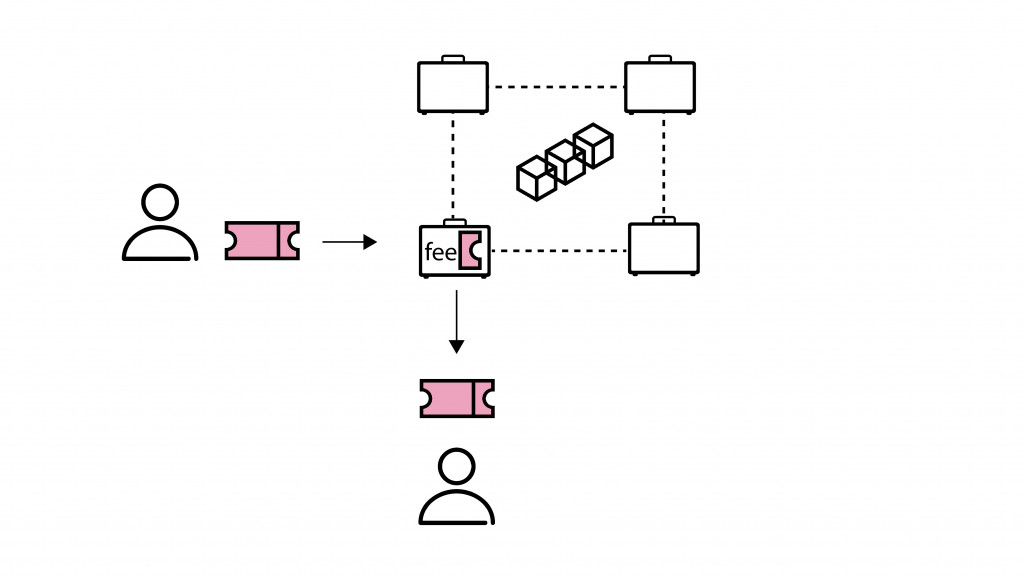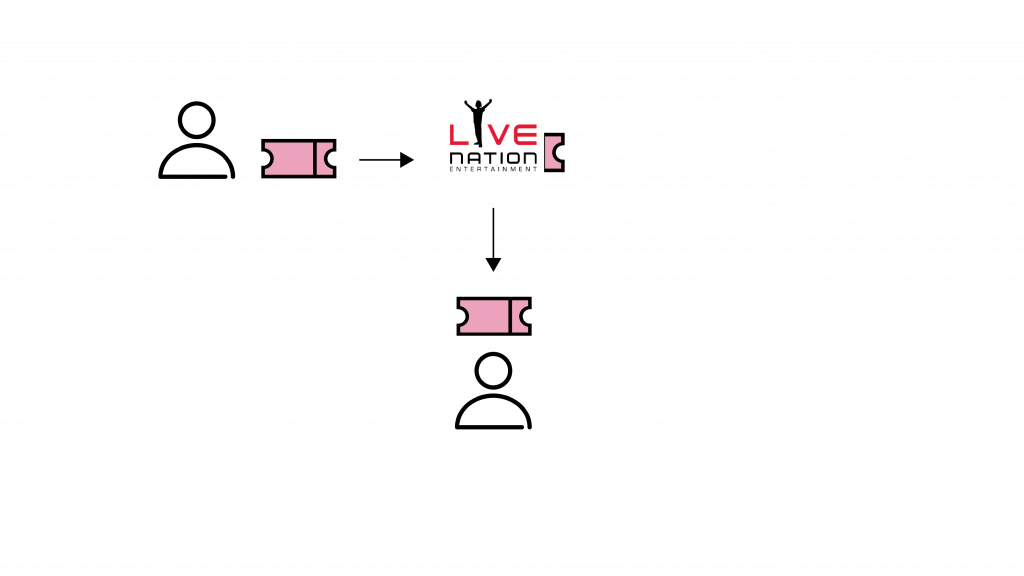What if?
Blockchain has been rapidly developed during the last 10 years. Today it is much more than a crypto currency exchanger. Decentralized systems, anonymity, openness and transparency allows people around the world to apply blockchain technology in a different, unexpected way. For instance, using blockchain for benefit cities is a challenge that sounds powerful. However, every process that can be used with millions of people becomes a source of illegal actions and transactions. Developers are responsible for predicting all possible scenarios and try to avoid the worst ones.
This project is a speculation about the “what if” scenario. We try to understand how our world and cities will look like in case we all are still closed in our houses and have to get permission to go out. Let’s imagine the world where time outside became one of the most valuable currencies. What if we tokenize our time?
Time is a value?
City council permits each citizen to go out twice a week, so everybody gets a ‘ticket’ that is equal to 1 hour. You are able to choose how you can spend these tickets.
At the same time, different places in the city require different amounts of time to be paid. For example, grocery and pharmacies can be visited for 1 ticket (1 hour), coffee shops and restaurants require 2 tickets and those who want to go to a big public space like a beach or park have to pay 3 tickets.
In that case people will have to collect tickets and the amount of people who can visit public spaces is limited. It is easy to imagine that in a situation like this, people start to buy and sell tickets or exchange them for services. Blockchain is one of the alternatives that can be applied. Time is a new token now. You can buy and sell your time or get them as a payment for your service. The question is who and how will use this blockchain and who is going to set the first block?
At the same time we can see how big private companies lose money because of lockdown.Their main goal of business is to attract people and give them the possibility to use their service. We propose the scenario where the private sector will become a miner.Therefore, business will allow people to exchange their tokens.
Let’s have a look at the opportunity. What if a big event company like Live Nation Entertainment wants to arrange a concert in a park. The problem is that nobody will be able to visit it as people don’t have enough ‘time’ (tickets to go out). Managers need to attract people and at the same time benefit the city government. So, they set a blockchain and allow people to exchange tokens. This block will process transactions between two users and get a small fee from it. That fee in the future will be spent on maintaining the park where the event takes place.
Now, we have enough users with sufficient ‘time’ and satisfied city authorities. The park itself also benefits from the system as it will be maintained.
This radical scenario aims to discuss how we can apply blockchain in our cities and involve diverse users in a process. We as designers always have to keep in mind prose and cons of our proposal. So, What if?
POCKETWATCH is a project of IAAC, Institute for Advanced Architecture of Catalonia
developed at Master in City & Technology, in 2019 by:
Students: Elijah Munn, Linara Salikhova
Faculty: Jose Muñoz
